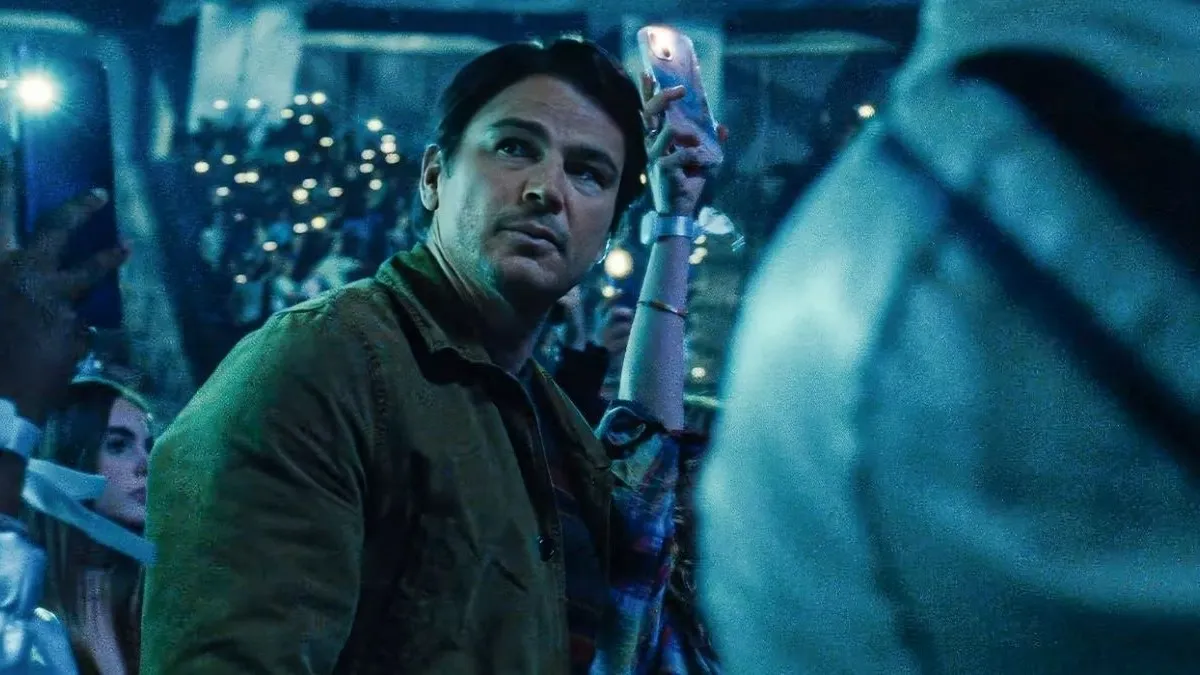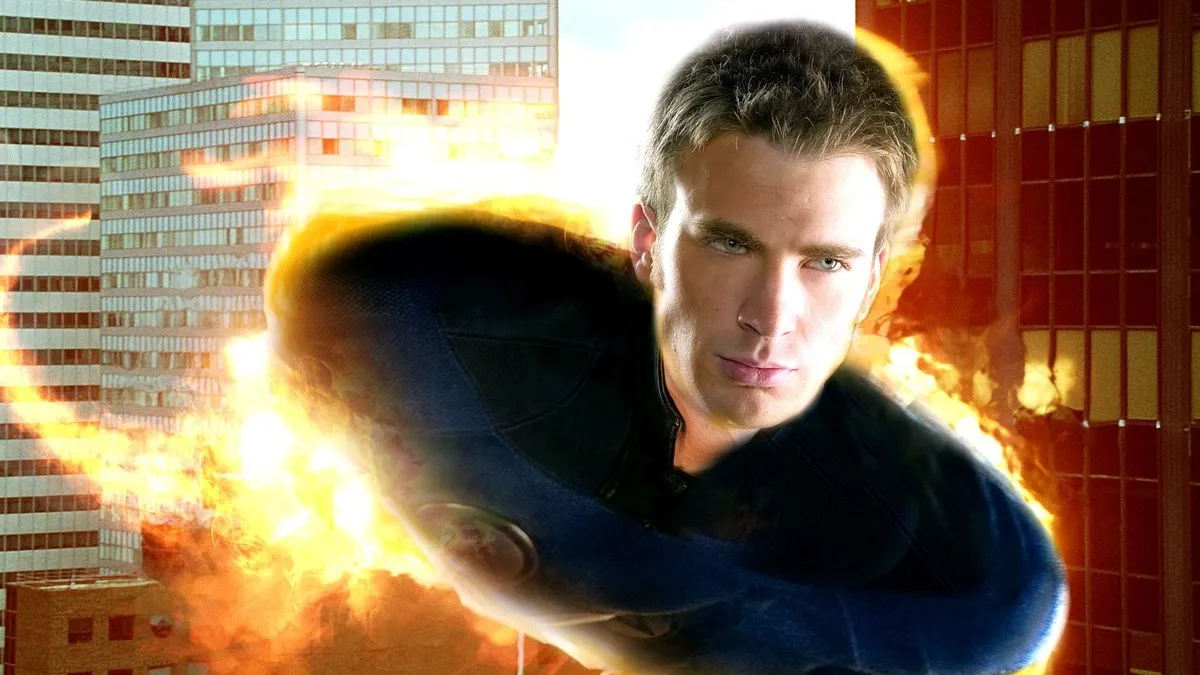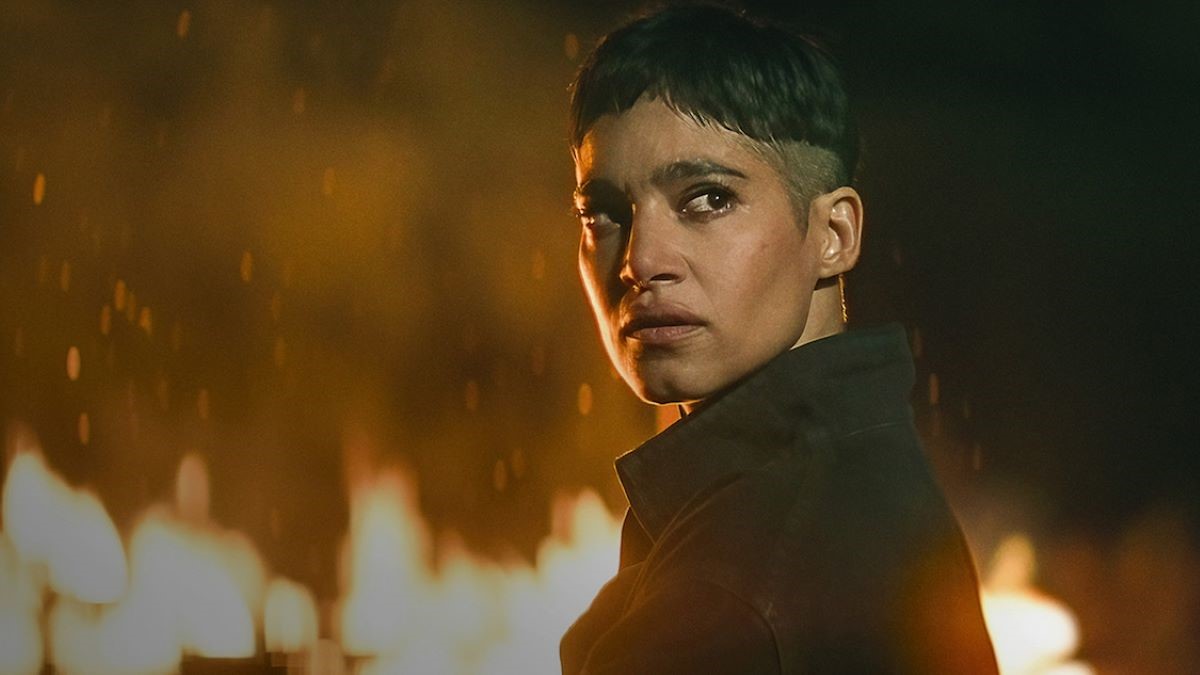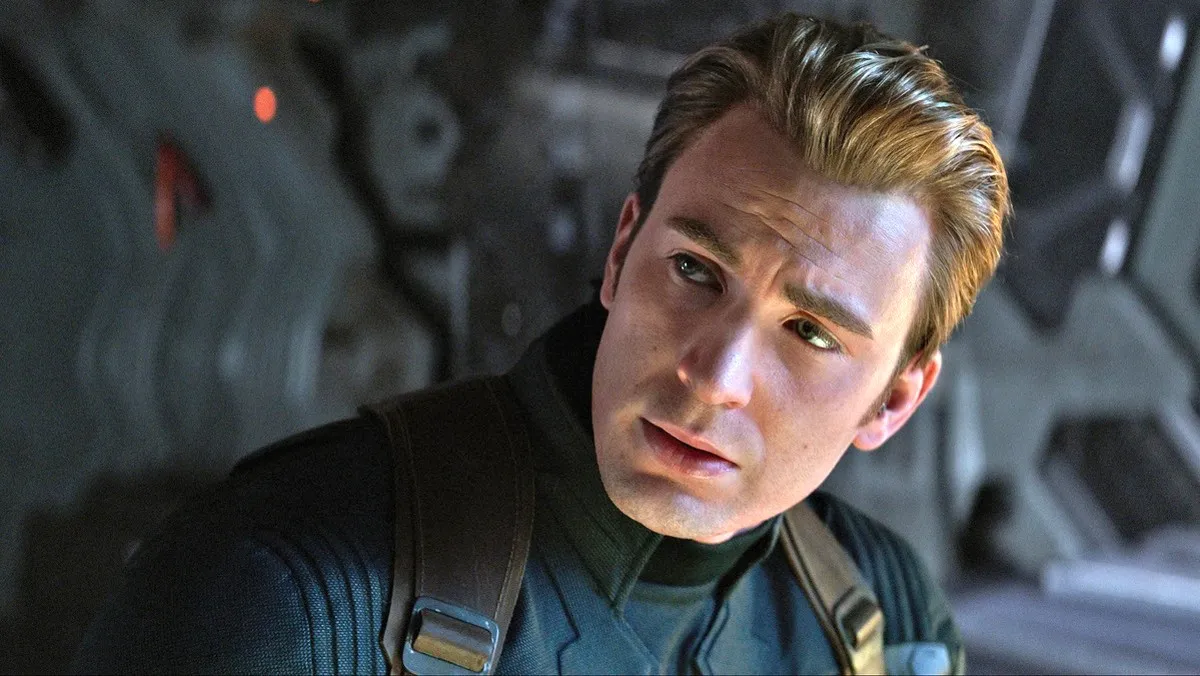Post-apocalyptic fiction has captured our collective imagination for thousands of years. When it comes to speculative fiction, it’s hard to beat. It’s the ultimate story of humanity facing impossible odds, even if we’ve brought them on ourselves.
Exploring life after the apocalypse developed throughout 19th-century fiction, caught between the emergence of its two parent genres ⏤ science-fiction and horror. Through the twentieth century and beyond, the sub-genre’s popularity has only grown as mainstream debate catches up.
If we’re obsessed with seeing how the world we know is destroyed, we’re more obsessed with seeing if humanity can survive it. From novels to comics to video games, there are always new tales of survival after a catastrophe to be told. But when it comes to adapting and exploring post-apocalyptic words, cinema has proved to be a natural home. Even so, the representation, cause, and consequences vary greatly. Some opt for hope, others for despair, and a few leave us to reach our own verdict.
Here are thirteen of the best post-apocalyptic stories on film.
The Road (2009)
Adapted from Cormac McCarthy’s novella of few words, The Road expertly captured its bleak post-apocalypse on screen. Director John Hillcoat draws in Australian influences from his uncompromising western The Proposition, including an emotional score from Nick Cave and Warren Ellis, to great effect.
There’s no science fiction and minimal exposition in wastelands that span Pennsylvania, Louisiana, and Oregon. Instead, we experience the raw trauma that follows an unspecified extinction event and the very human story of an unnamed Man and Boy.
Snowpiercer (2013)
It’s hard to think of a post-apocalyptic film with a stronger cast than Bong Joon-ho’s English-language debut Snowpiercer. Adapted from the French graphic novel Le Transperceneige, it’s increasingly topical. After a failed attempt to combat climate change results in a new ice age, the last of humanity travels the Earth on the Snowpiercer train. It plays like a moving High Rise, pitching the lower class of the back carriages against the wealthier residents at the front.
Planet of the Apes (1968)
The first two Planet of the Apes films form a pair, but the second chooses bleakness over surprise. Charlton Heston, who had a thing for ‘last man standing’ roles in genre films, represents tightly-wound humanity in this strange new world. Its conclusion is so iconic that Hollywood’s struggled to repeat it.
Tim Burton’s remake chose an ending more faithful to Pierre Boulle’s original novel, but it looked like a senseless trick. The more successful later reboot sidestepped time-travel to study humanity’s drift to obscurity from halfway through the cycle. Nihilism shouldn’t be as entertaining as this surreal and satirical original.
28 Days Later (2002)
Danny Boyle’s horror is a top-rate zombie film that gave the undead a boost. But these fast and feral hordes are never described as zombies. Humanity has been degraded and devastated by the ‘Rage’ virus and the unaffected step into a savage new world. As the title suggests, time is essential. The opening is inspired by the science fiction classic The Day of the Triffids, as Cillian Murphy’s Jim awakes in a hospital a month after the apocalypse has devastated Britain.
The Omega Man (1971)
Charlton Heston couldn’t resist a post-apocalyptic struggle to survive. He’d complete a trilogy started with The Planet of the Apes with 1973’s Soylent Green. The Omega Man is the second and best adaptation of Richard Matheson’s I Am Legend. Unlike Will Smith’s later overblown version, this stays truer to the thought-provoking source novel.
Heston plays Omega Man Robert Neville, a military scientist who survives when biological weapons ravage the Earth. Is his biggest threat the mutated nocturnal humans who roam the devastated streets of Los Angeles or the debilitating loneliness and responsibility of being what he thinks is the last man on Earth?
A Quiet Place (2018)
Of all the movies charting humanity’s survival against the odds, A Quiet Place has to be one of the riskiest. Focusing on sound or its lack doesn’t sound like the best idea for big-screen horror or science-fiction. Fortunately, director John Krasinski creates a tense and high-stakes film by focusing on the central family and using its devastating alien threat well. Almost part of the Cloverfield franchise, it soon proved itself worthy of a gripping franchise in its own right.
Children of Men (2006)
Children of Men is taken from PD James’s novel set in a near-future society destroyed by sudden infertility and devastating pandemics. But director Alfonso Cuarón removes much of the source book’s explanation, letting the themes of hope and faith speak for themselves.
While the pregnancy at the heart of the plot, humanity’s last hope, has been explored in other films, it tests the viewer’s response. The ending falls to hope or despair, depending on your perspective.
Akira (1988)
Akira didn’t just spark worldwide interest in anime, it became one of the most important animated movies of all time. Its influence has spread across multimedia, including video games and live-action films.
Its predictions, including the potential cancellation of the 2020 Tokyo Olympics, haven’t hurt either. Akira remains one of the best representations of post-apocalyptic city life, in this case, the vibrant lights of cyberpunk Neo-Tokyo following a devastating world war.
Escape from New York (1981)
John Carpenter had to ruin the world for Snake Pliskin to shine. Pliskin would play a role in an apocalypse in Escape’s belated sequel, but here he’s the legitimate antihero. The future (1997!) sees a society collapse after an all-out war and subsequent surge in crime has turned Manhattan Island into a giant prison.
Its B-movie nods, action, and dystopian styling have been highly influential, but it’s grounded in politics. Carpenter was inspired to write the script as a response to the Watergate scandal.
The Matrix (1999)
The last great post-apocalyptic film of the 20th century, the first Matrix film inspired a generation. Its success is dependent on the idea that the vast majority of humans have no idea that the apocalypse has happened. Having to realize and then choose a painful exit from a comfortable existence makes this post-apocalyptic slavery all the worse. Having set the odds and sacrifice so high, it’s still strange that the original trilogy doesn’t make a definitive statement on hope or despair.
WALL-E (2008)
Post-apocalyptic films have had an easier time with critics and awards than the more significant genres of horror and science-fiction. Pixar’s groundbreaking Wall-E may be the best-regarded, even though it breaks the mold. Long stretches are dialogue-free, there are live-action sections, and it’s not content with one of two themes. Consumerism, waste disposal, obesity, and climate change all come under the microscope. While the future Earth is captivating, the state of our ancestors is not. Wall-E succeeds because it doesn’t focus on us but something we made.
Twelve Monkeys (1995)
Cinema had tried to prevent the apocalypse through time travel before, notably in The Terminator, but not like this. Forty years after a deadly virus wipes out almost all of humanity, forcing survivors to live underground, Bruce Willis’s prisoner is sent back to the mid-1990s to find a cure.
Director Terry Gilliam uses filming methods similar to his blackly comic dystopia Brazil, but this is no satire. While there are a few apocalyptic cliches on the way, it’s a gripping exploration of reality and sanity at the end of the world.
Mad Max 2: The Road Warrior (1981)
Fury Road brought Max award success in 2015, but the second film remains the standout. The plot is simple — a high-speed heist — and Max has never been cooler. Emotionally cool, that is. Unlike Fury Road’s PTSD sufferer, this Road Warrior has survived at the cost of his humanity.
Max represents all of us adapting to life after the apocalypse, and it takes a ‘Magnificent One’ moment like this to recover his humanity. In the western frontier of the Outback, director George Miller crafts one of the most explosive and physical action films in the sub-genre.




















